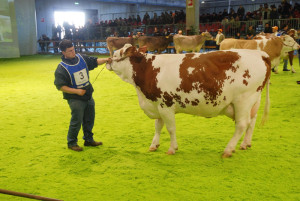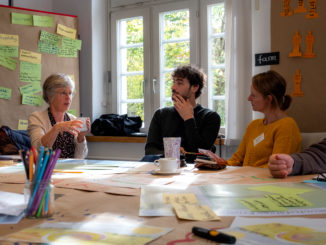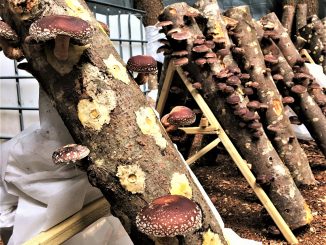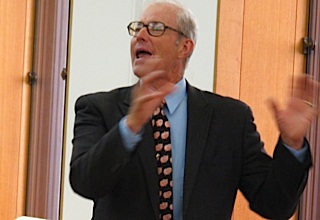
“Thank you for still being on track.” At the inaugural meeting of the 110th edition of Fieragricola held from the 2nd to 5th of February in Verona, the Italian Minister of Agriculture Mario Catania skipped the customary greetings to the authorities. Instead he directly appealed to the hundreds of farmers who were present, both inside and outside the auditorium, emphasising the importance of their presence and activity in a phase characterised by a difficult market situation and a negotiation, which is no less challenging, on the reform of Common Agricultural Policy (CAP).
“The profitability of your farms over the last ten years has been crushed. The gap between market prices and production costs has widened, while banks have narrowed access to credit. For this, I understand how difficult it is to go on the market with your products, when many others, often without an indication of origin, compress your already low remuneration.”
Regarding the Commission’s proposals, Catania said: “I will ask in Brussels that the CAP becomes an instrument of protection of Italian agriculture, which is clear in terms of rules and distributes adequate resources to producers. Also for this, more rigid standards will be necessary on indications of origin, labelling and the defense of products genuinely ‘Made in Italy’.”
The Minister did not spare criticism of the EU executive. “The proposals put forward by Commissioner Cioloş do not satisfy us,” he said “because they forget the value of Italian farms and because the quality of products, work and investments made by Italian farmers on small areas risk disappearing on the horizon.”
In this regard, a commitment of the Minister during EU negotiations is that in the face of “a budget that will remain important, the allocation of resources should not only take account of agricultural area, but also enhance good production practices.”
Catania then focussed on some measures contained in the draft reform of the CAP. His critical analysis starts from the so-called “greening” which, in order to encourage farmers to make more environmentally-friendly choices, “in fact provides punitive solutions, with additional costs and constraints for farms.”
Before the Minister, the President of the European Parliament’s agriculture committee, Paolo De Castro, suggested putting in place “adequate tools and resources for the CAP of the future, which must remain, above all, an economic policy to support a strategic sector. We need to give farmers and the Member States a greater degree of flexibility and concrete means to protect themselves from risks, starting from market crisis management.“




